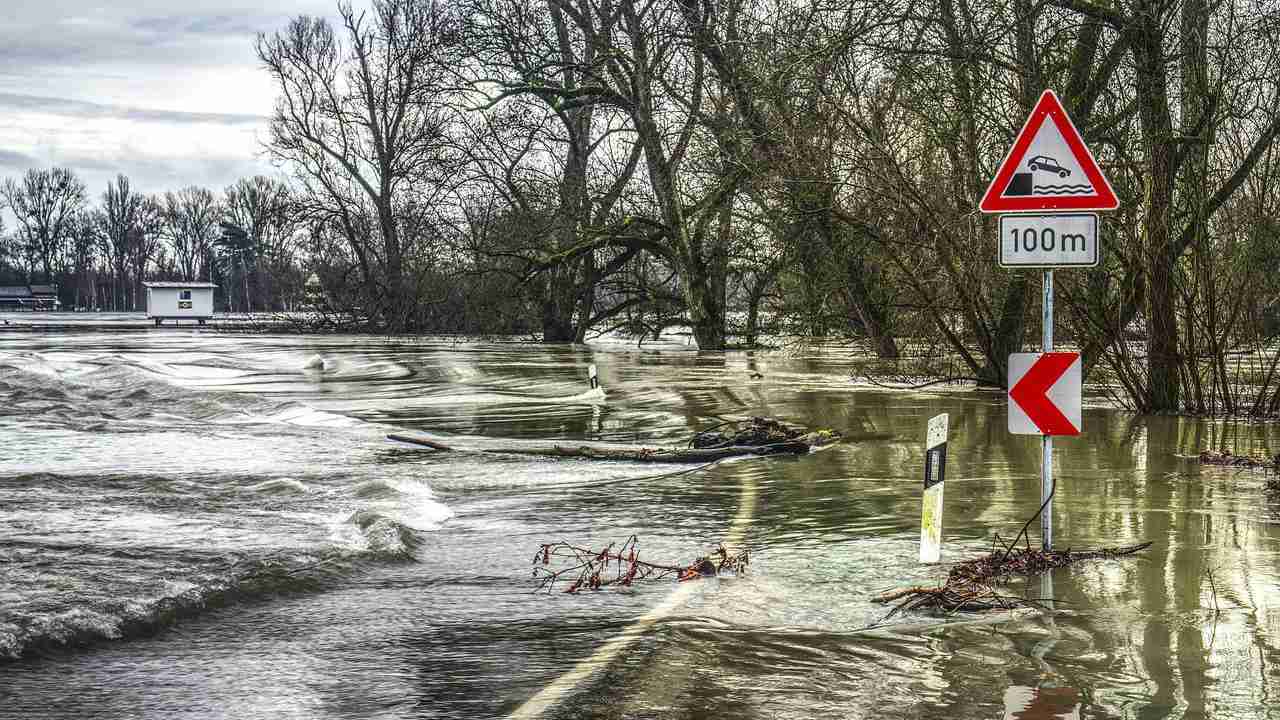The summit of the Global Platform for Disaster Risk Reduction ended this Friday in Bali, Indonesia, with a call to all governments of the world to urgently adopt and improve early warning systems and invest in building greater resilience to reduce the increasingly frequent calamities.
The meeting, organized by the United Nations Office for Disaster Risk Reduction (UNDRR) and the Indonesian government, was attended by representatives from some 184 countries, international organizations and other stakeholders, who over three days assessed progress to protect communities from climate threats and other catastrophes.
So far, only 95 countries reported having multi-hazard early warning systems that notify governments, agencies and the general public of an impending disaster.
The lowest coverage was observed in Africa, least developed countries and small island developing States.
The UNDRR has insisted that early warning systems are a vital form of protection against disasters such as floods, droughts and volcanic eruptions.
In this vein, the Secretary General of the United Nations, António Guterres, has called on the world to ensure that early warning systems cover all the inhabitants of the planet within a period of five years.
Bearing in mind that projections point to 560 disasters per year, or 1.5 per day, by 2030, those gathered in Indonesia at the end of the summit adopted the Bali Agenda for Resilience, which says that early warning systems “must include the communities at greatest risk with the adequate institutional, financial and human capacity to act as soon as there is a notice of this cut.
In addition to early warning, the Bali Agenda emphasizes the importance of bringing a resilience approach to all investments and decision-making, integrating disaster risk reduction at all levels of government and society.
The Global Platform conclave launched the Mid-term Review of the Sendai Framework for Disaster Risk Reduction, which seeks to substantially reduce the risk of calamities and losses in lives, livelihoods, health and economic, physical assets, social, cultural and environmental of people, companies, communities and countries in the next 15 years.
To this end, the Framework advocates understanding disaster risk, strengthening governance and management of that risk, investing for resilience, and improving preparedness for effective response and building back better.


























